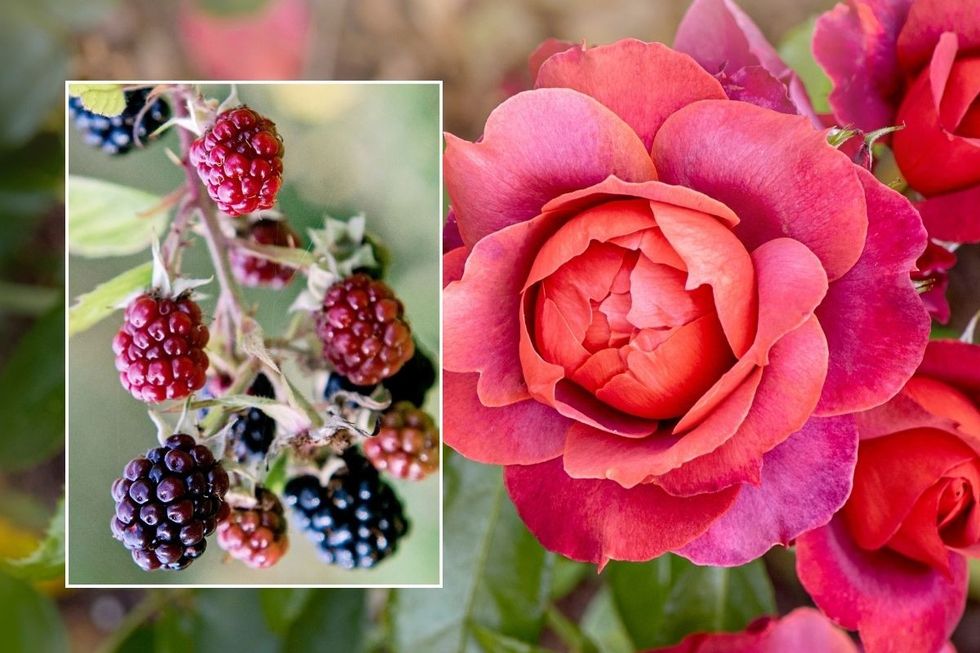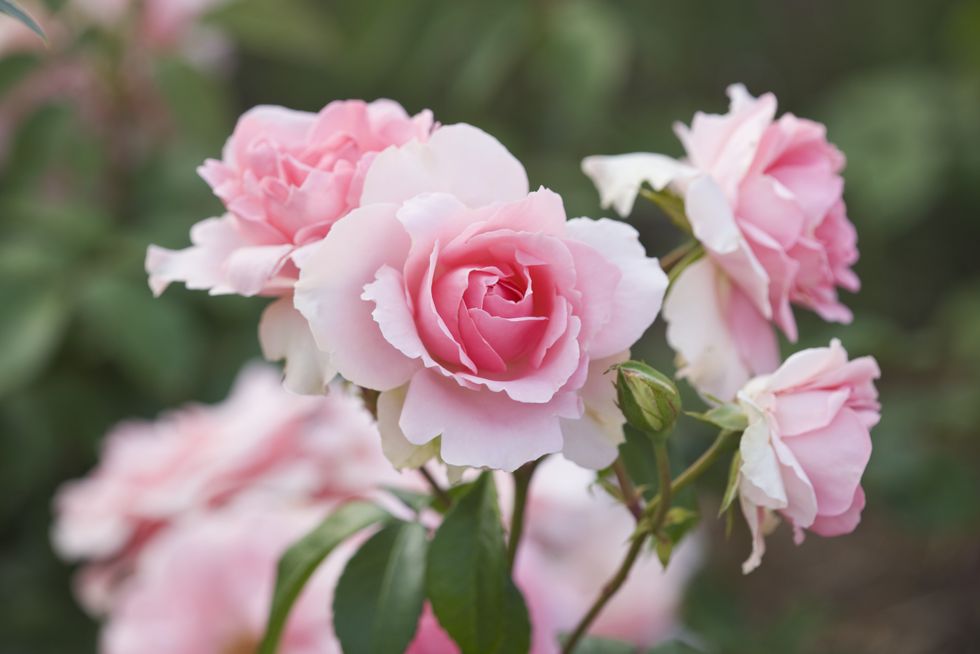'I'm a gardener - make sure you prune your roses at the right time or they could wither and die'

Using clean tools is essential for preventing the spread of unwanted diseases, a green-thumbed enthusiast has stressed
Don't Miss
Most Read
Latest
While many Britons look forward to a quieter gardening period during winter, it’s not a time to kick back completely.
While wintertime is the ultimate time to prune roses, January and February are the ideal months to complete the task, according to an expert.
The crucial job will not only prevent damage to plants but will minimise the spread of fungi throughout gardens, according to Josh Novell from Polhill Garden Centre.
The expert noted that fungal diseases not only "cause certain plants to wither [and] die," but can also "become human pathogens".

Roses and berries should be pruned during dormancy
|GETTY
The months of January and February coincide with the period when rose plants enter their most dormant stages.
Completing the task too early could make the plants susceptible to cold damage, which proves deadly in some cases.
But it's important not to do this too early, or they can become susceptible to cold damage.
Berry bushes also benefit from pruning during the dormant season to reduce the presence of diseased plants, noted Josh.
Gardeners can identify when their plants are ready for pruning by searching for key signs of dormancy, with the most obvious indicator being complete leaf loss in trees and shrubs.
Roses face a higher risk in winter, namely black spots and powdery mildew, which can be controlled through careful pruning of dead and crossing branches.
“Once the plant is fully dormant, cut back the dead and across branches to keep the plant’s shape and encourage healthy growth once spring comes," added Josh. “This will also promote better air circulation and reduce the risk of outbreaks of diseases.”
Apples and pear trees require closer attention before spring to remove cankers and dead wood that could harbour apple scab and blossom wilt.
Berry bushes, including raspberries and blackberries, need pruning to prevent cane blight and spur blight, with diseased canes better removed at their base.
LATEST DEVELOPMENTS
 Gardeners should take prompt action to protect their roses | GETTY
Gardeners should take prompt action to protect their roses | GETTYThe expert added: "Climbing plants like wisteria and ivy can become overgrown and tangled against the wall, creating the ideal conditions for rot, mould and mortar damage if not pruned."
Just before spring, gardeners should remove dead, diseased or weak stems, and thin out crowded branches.
"You can identify diseased ivy by looking for dark brown or irregular spots," added Josh. "Pruning will improve air circulation and help sunlight penetrate the plant, creating a healthier climbing plant."
To prevent the spreading of unwanted diseases, the expert recommended using clean, sharp tools that ensure clean cuts.










